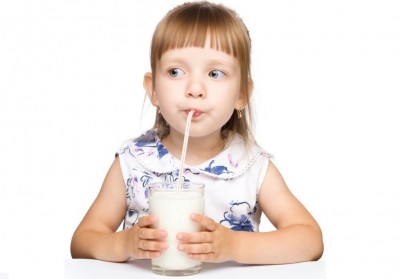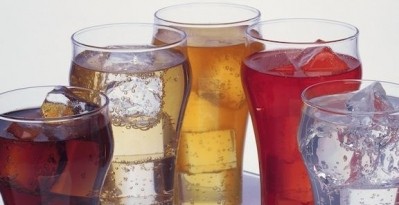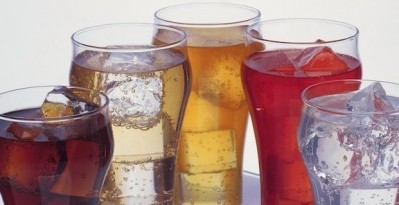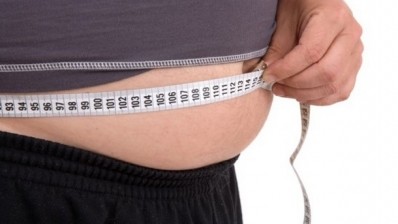Sugary drinks linked to high death tolls worldwide: Global prevention plans needed, say researchers

The US-based research team revealed the first detailed global report on the impact of sugar-sweetened beverages (SSB). The report modelled global, regional, and national burdens of disease associated with SSB consumption – estimating deaths and disabilities from diabetes, heart disease, and cancers in 2010.
Writing in the journal Circulation, the authors’ estimate that in 2010 sugar-sweetened beverages consumption may have been responsible for approximately: 133,000 deaths from diabetes, 45,000 deaths from cardiovascular disease and 6,450 deaths from cancer.
"Many countries in the world have a significant number of deaths occurring from a single dietary factor, sugar-sweetened beverages,” commented Dr Dariush Mozaffarian, M.D., Dr.P.H., senior author of the study and dean of the Friedman School of Nutrition Science & Policy at Tufts University in Boston. “It should be a global priority to substantially reduce or eliminate sugar-sweetened beverages from the diet."
"Some population dietary changes, such as increasing fruits and vegetables, can be challenging due to agriculture, costs, storage, and other complexities,” said Mozaffarian. “This is not complicated. There are no health benefits from sugar-sweetened beverages, and the potential impact of reducing consumption is saving tens of thousands of deaths each year.”
Global analysis
The new report, the research team pooled data on SSB consumption levels from national dietary surveys worldwide. These estimates of consumption were made from 62 dietary surveys including 611,971 individuals conducted between 1980 and 2010 across 51 countries, along with data on national availability of sugar in 187 countries and other information.
This allowed capture of geographical, gender and age variation in consumption levels of sugar-sweetened beverages in different populations, said the team.
Based on meta-analyses of other published evidence on health harms of sugar-sweetened beverages, the team then calculated the direct impact on diabetes and the obesity-related effects on cardiovascular disease, diabetes and cancer.
According to Mozaffarian and his colleagues, the impact of sugar-sweetened beverages varied greatly between populations.
At the extremes, the estimated percentage of deaths was less than 1% in Japanese over 65 years old, but 30% in Mexican adults younger than 45, said the team.
Of the 20 most populated countries, Mexico had the highest death rate attributable to sugar-sweetened beverages - with an estimated 405 deaths per million adults (24,000 total deaths) and the U.S. ranked second with an estimated 125 deaths per million adults (25,000 total deaths).
Low and middle income countries suffer worst
According to the team, around 76% of the estimated sugar-sweetened beverage-related deaths occurred in low- or middle-income countries.
Indeed, in nations of the Caribbean and Latin America, homemade sugary drinks are popular and consumed in addition to commercially prepared sugar-sweetened beverages.
"Among the 20 countries with the highest estimated sugar-sweetened beverage-related deaths, at least 8 were in Latin America and the Caribbean, reflecting the high intakes in that region of the world," commented Dr Gitanjali Singh, study lead author, and a research assistant professor at the Friedman School.
“SSBs, are a single, modifiable component of diet, that can impact preventable death/disability in adults in high, middle, and low-income countries, indicating an urgent need for strong global prevention programs,” concluded the research team.
Source: Circulation
Published online ahead of print, doi: 10.1161/CIRCULATIONAHA.114.010636
“Estimated Global, Regional, and National Disease Burdens Related to Sugar-Sweetened Beverage Consumption in 2010”
Authors: Gitanjali M. Singh, et al











